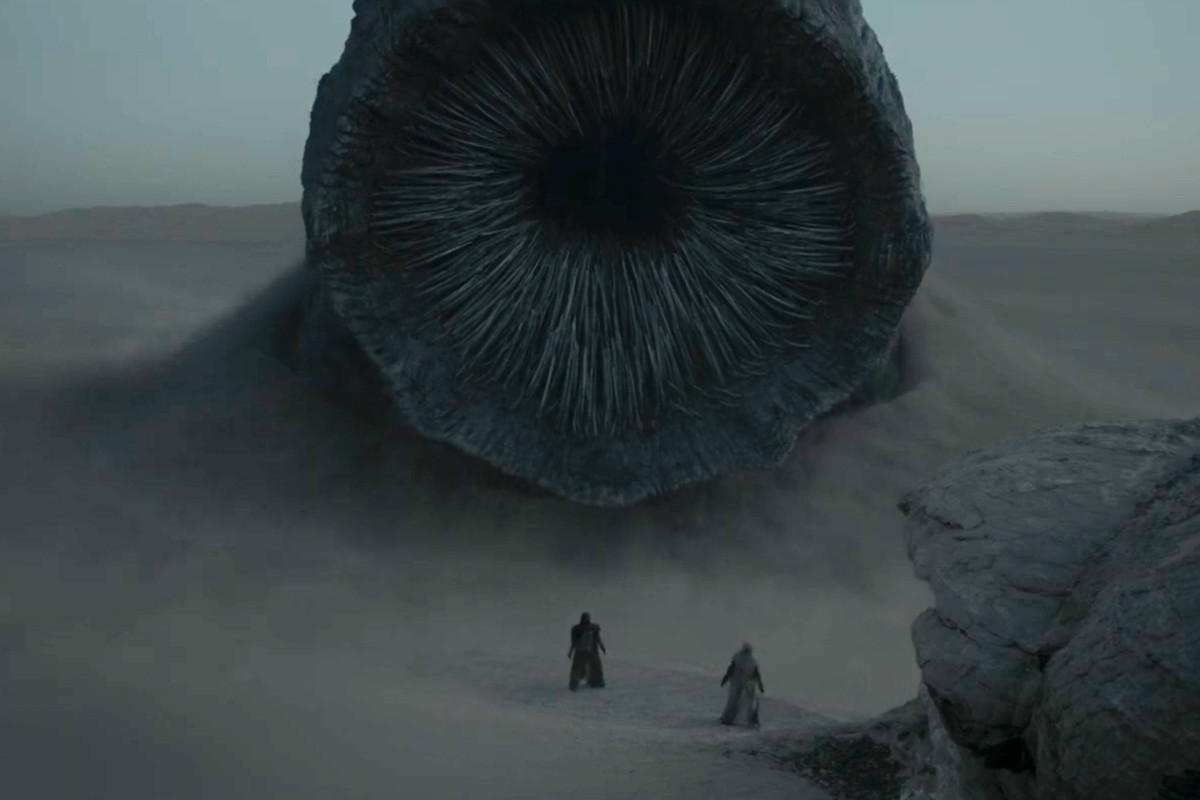This is the second part of a three-part series on climate change. For information concerning whether or not the climate is changing, see part one. Part three will deal with the consequences we face from climate change.
We can agree that the global climate is actually warming, so who or what do we have to blame for putting us in such hot water?
Currently The scientific consensus is that human (anthropogenic) activities are to blame for global warming, yet 40% of Americans believe that changing trends in climate are due to natural fluctuations beyond our control. In this second part, I'll go over the evidence for anthropogenic climate change, particularly the impact of high fossil fuel emissions on rising temperatures since the Industrial Revolution.
Why do we think think this change isn't just coming from natural fluctuations?
A lot of things can affect climate! Regular, multi-millennial changes in Earth's orbit are associated with ice ages, and variations in the sun's activity could also play a part in global climate fluctuations. So why are scientists convinced that natural fluctuations like these are not the primary cause for global warming?
One way that scientists address these questions is by looking at long cores of ice drilled out of ancient glaciers in Greenland and Antarctica. The chemical composition of the atmosphere is preserved to an extent as snow accumulates on these glaciers over hundreds of thousands of years. Scientists can analyze isotopes within these cores to give us information about the temperature up to 800,000 years ago when these glaciers first formed.
By looking at how carbon dioxide, or CO2, bubbles in the ice cores correspond to the isotopes that tell us temperature, these scientists have deduced that past, gradual increases in CO2 corresponded with rapid increases in global temperatures that don't decrease until tens of thousands of years have passed, confirming a climate feedback from changes in atmospheric carbon. With a much more rapid increase in CO2 today, we can expect dramatic changes to the climate worldwide.
What is carbon's role in climate?
CO2 is a gas that we emit almost every time we use electricity, drive our cars, or mold plastics into iPhones. Most of our energy in the US comes from burning coal or gas, which results in the production of CO2. CO2 is also known as a greenhouse gas because like the walls of a hot and humid greenhouse, it accumulates in the atmosphere and traps heat that would otherwise escape into space. This aptly-named “greenhouse effect†warms the planet.
CO2 makes up 82% of all the greenhouse gases released by humans, so it's often pointed at as the main culprit of human-driven climate change. Not only have atmospheric CO2 levels been increasing (Figure 1), but the rate of this increase is also speeding up.
These recordings of CO2 from Mauna Loa observatory have been taken since the late 1950s, and show the relentless and unquestionable increase in atmospheric carbon over the past half-century.
Atmospheric CO2 has now surpassed 400 parts-per-million (ppm), up from 380 ppm 10 years ago. Such high atmospheric carbon levels haven't occurred in millions of years. According to climate scientists, CO2 levels need to be reduced to 350 ppm or below to sustain Earth's climate in its current state.
Paleoclimate scientists also used ice cores to study the impact of humans on climate change. They examined whether there is a change in atmospheric CO2 before and after the beginning of widespread human industrial activities at the beginning of the 19th century. They found atmospheric CO2 levels are 40% greater today than they were before the Industrial Revolution and that those rates are only increasing.
Despite the scientific consensus for human-induced global warming, there still remains a significant pushback against it. My next post (to be posted in a few weeks) will discuss the consequences people across the world will face if the reality of human-caused climate change is not acknowledged and dealt with today.
About the Author
 Hilde Oliver is a PhD student in the Department of Marine Sciences at the University of Georgia, where she studies how extreme melting of Greenland's ice sheet is impacting marine ecosystems. Hilde is a huge fan of Korean food, yoga, and campy movies. Follow her on Twitter @Hilde_Oliver or shoot her an email at hildeoliver@uga.edu. More from Hilde Oliver. Hilde Oliver is a PhD student in the Department of Marine Sciences at the University of Georgia, where she studies how extreme melting of Greenland's ice sheet is impacting marine ecosystems. Hilde is a huge fan of Korean food, yoga, and campy movies. Follow her on Twitter @Hilde_Oliver or shoot her an email at hildeoliver@uga.edu. More from Hilde Oliver. |
About the Author
-
athenssciencecafehttps://athensscienceobserver.com/author/athenssciencecafe/April 17, 2020
-
athenssciencecafehttps://athensscienceobserver.com/author/athenssciencecafe/April 12, 2020
-
athenssciencecafehttps://athensscienceobserver.com/author/athenssciencecafe/April 3, 2020
-
athenssciencecafehttps://athensscienceobserver.com/author/athenssciencecafe/March 30, 2020







